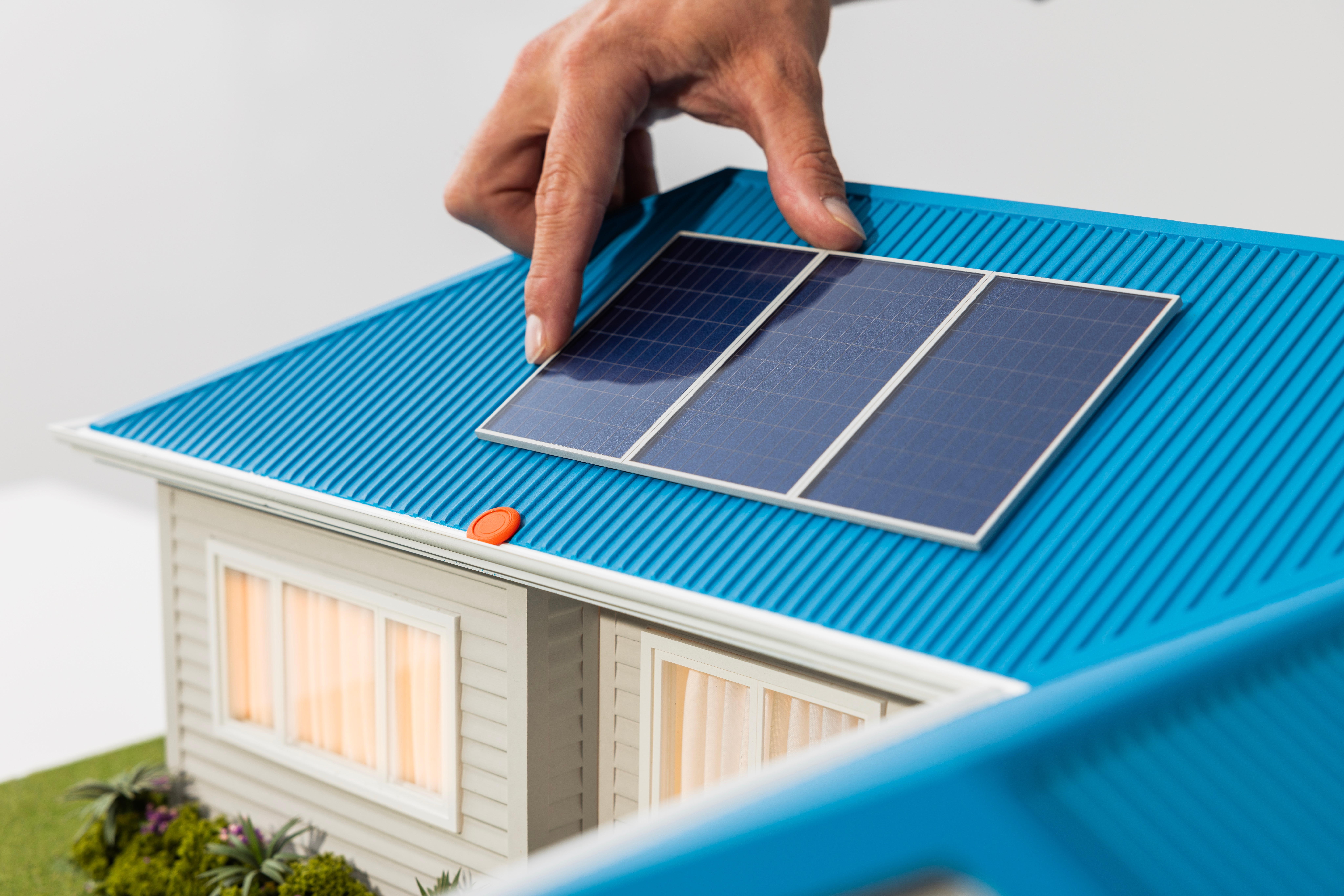Feature article
How rooftop solar can cut your power bills
Benefits and tips for your home

This article is sponsored content that was created by Gen Less in collaboration with Trade Me Property.
Rooftop solar is a zero-emission energy source that can pay for itself in approximately 8 years and provide free energy for 20 or more years.* It is the least expensive energy source available to homeowners.
How much do solar panels cost?
The cost of installing solar panels has decreased significantly over the past decade and is now more affordable than ever. For approximately $10,000, the average household can install a medium-sized solar panel system that will meet about half of its energy needs.
When financing costs are excluded, and upfront costs are factored in and divided by the 30-year lifespan of solar panels, the cost of electricity generated by rooftop solar panels is approximately 75% less than the cost of electricity from the grid (6 cents per kWh, compared to 24 cents per kWh).
Need help with finance? There are low-interest options that could work for you.
How long will my solar panels last?
25 to 30 years. The panels' output will decrease slightly by around 0.5% each year during this period, and the inverter will probably need to be replaced after 10-15 years. An inverter converts the direct current (DC) electricity solar panels generate into the alternating current (AC) used in New Zealand houses.
How do they work?
Rooftop solar PV panels convert sunlight into electricity and can be installed on roofs, garages, or yards.
If they are grid-tied, they are connected to the electricity grid and can sell excess electricity back to retailers.
Off-grid solar systems are independent of the electricity grid and rely on batteries or fossil fuelled back-ups to store and power their homes.
Can I install them myself?
A qualified professional must install your rooftop solar system, and the installation must comply with current standards.
What if it’s not sunny, will the panels still work?
Although they will produce the highest output in the sunniest areas, solar panels work well throughout the country. Other factors, like what appliances you have and whether you’re home during the day are likely to have more impact on the financial returns.
Other benefits
- Excess electricity can be sold to your retailer, however, the price you receive is usually lower than what you would pay to purchase electricity.
- Reduce your household's carbon footprint through solar panels by using renewable energy generated at home instead of relying on electricity from the grid (which is currently 80-85% renewable).
How much could you save with rooftop solar
Answer a few questions about your house location and power use, and the Gen Less home energy savings calculator will give you an idea of how much solar panels will save you on energy each year.
For a more detailed look at the value of solar for you, use the solar power calculator.
*Gen Less solar power calculator
The 8-year payback is calculated based on the following inputs to the calculator:
- Auckland location, and north facing roof with 30 degree pitch
- Default electricity rate for Auckland, and 10,000 kWh annual consumption
- Default 12c/kWh export (buy-back) rate, and no additional daily fixed charge
- Electricity use usually high during the day for more than five days a week
- Electric space and water heating, washing machine use every second day with a warm wash, and an electric hot water cylinder with a timer
- A 4kW system, installed for $10,000 inc. GST
- Zero finance cost, or financed from savings at 1.2%
Author
Other articles you might like







